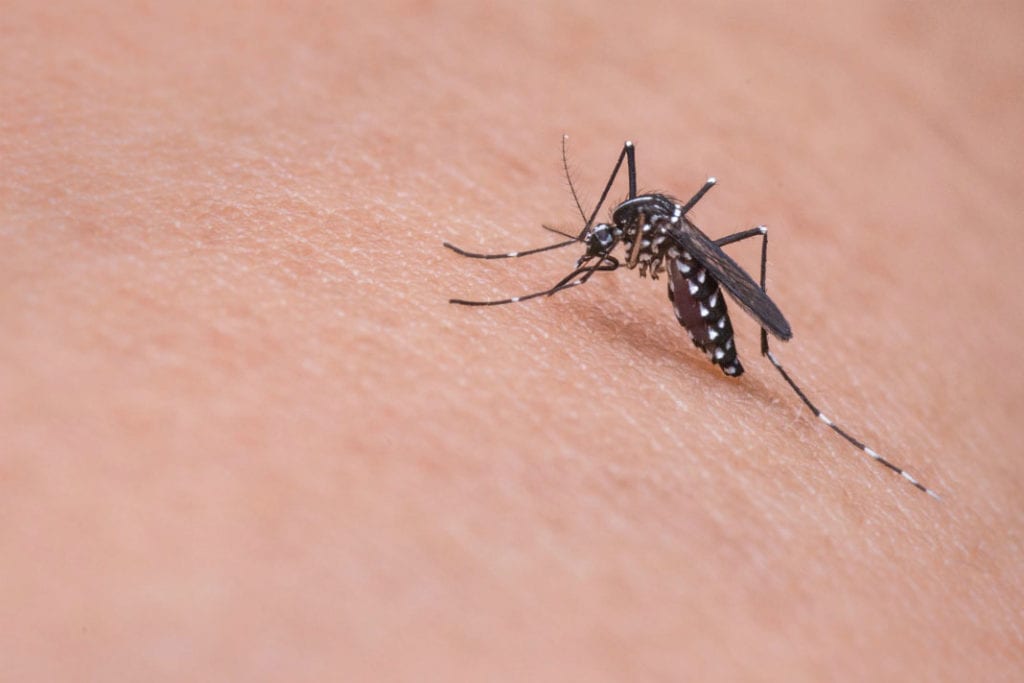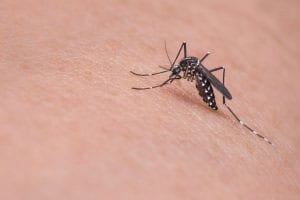Each year, over 200 million people worldwide, many in Africa and South Asia, are diagnosed with malaria. Unfortunately, this mosquito-borne illness is also fatal for thousands. While some countries are working to introduce more effective malaria vaccines, drug resistance and accessibility remain issues. But according to Medical XPress, scientists from the Walter Reed Army Institute of Research (WRAIR) are now exploring monoclonal antibodies (mABs) as a potential protective measure against malaria. See the full study findings published in Scientific Reports.
Monoclonal Antibodies (mABs)
If you’ve been paying attention to the news lately, you’ve probably heard about monoclonal antibodies (mABs), especially in regards to treatment for COVID-19. But these unique agents offer broad therapeutic benefits. Foreign invaders in the body are known as antigens. These antigens trigger an immune response, which usually leads to the production of antibodies. According to the Mayo Clinic, mABs are:
laboratory-produced molecules engineered to serve as substitute antibodies that can restore, enhance or mimic the immune system’s attack on [antigens].
The JAMA Network continues that mABs:
have an advantage over other types of treatment for infection because they are created to specifically target an essential part of the infectious process.
A 2018 article published in Nature Reviews Immunology states that mABs have already been used to create treatment and protection options for Ebola, Zika virus, influenza, and other viral infections.
In many cases, mABs are safe for use. However, there are some potential side effects including anaphylaxis (severe allergic reaction), injection site reactions, flushing, itching, shortness of breath, and muscle pain.
The Research
During the study, researchers evaluated whether mABs would inhibit Plasmodium from infecting the human liver. Ultimately, researchers analyzed mABs in both human and animal cells. They discovered that CIS43, for example, was more effective in preventing infection in humans, while 317 showed more benefit in mice models. Understanding how mABs can offer protection could assist with the development of potential malaria vaccines. So far, potential vaccine candidates have not been very effective during trials. Additionally, vaccine development can be time-consuming and people may require more than one dose to achieve efficacy. In the case of mABs, they could potentially be directly injected in one dose, offer long-term protection, and be both easier and more cost-effective to develop.
Malaria
Malaria is a severe illness caused by Plasmodium parasites, which are transmitted through the bite of an infected mosquito. However, it can also be transmitted through sharing needles, blood transfusions, or from mother to child. While approximately 1,700 Americans are diagnosed with malaria each year, the condition is more common in areas such as Haiti, South Asia, New Guinea, and the Dominican Republic. Infants and children under 5, those who are pregnant, and those who are immunocompromised have a higher risk of severe illness if they contract malaria. Generally, symptoms appear within 10-15 days of the mosquito bite. These symptoms include:
- High fevers
- Nausea and vomiting
- Chills and night sweats
- Chest, muscle, and abdominal pain
- Headache
- Flu-like symptoms
- Fatigue
- Coughing
While some patients experience constant symptoms, others’ symptoms come in waves or intense “attacks.” Without treatment, malaria can cause serious and sometimes fatal complications, such as:
- Respiratory distress
- Organ failure
- Low blood sugar
- Cerebral malaria
- Anemia (low red blood cell count)
Learn more about malaria.




-300x300.jpg)



